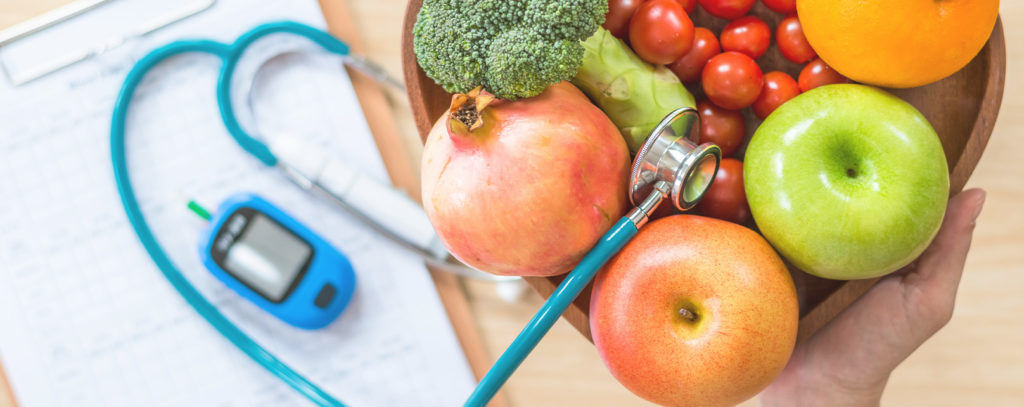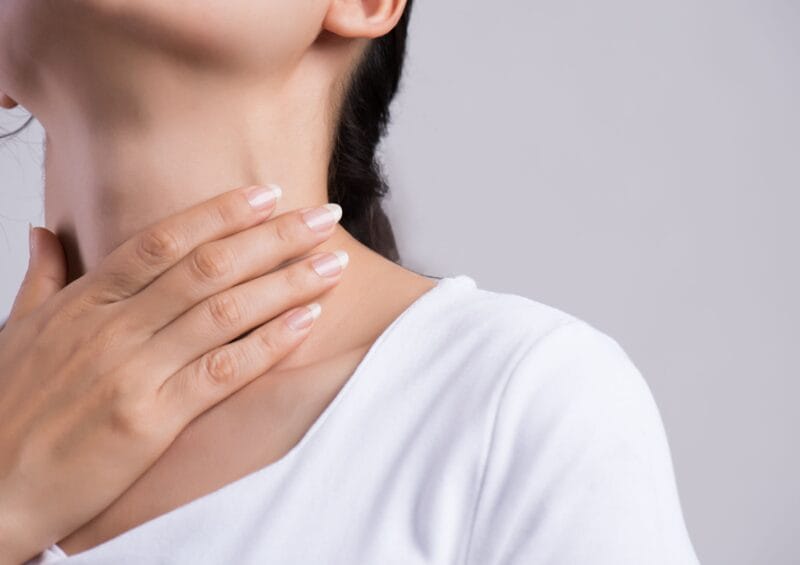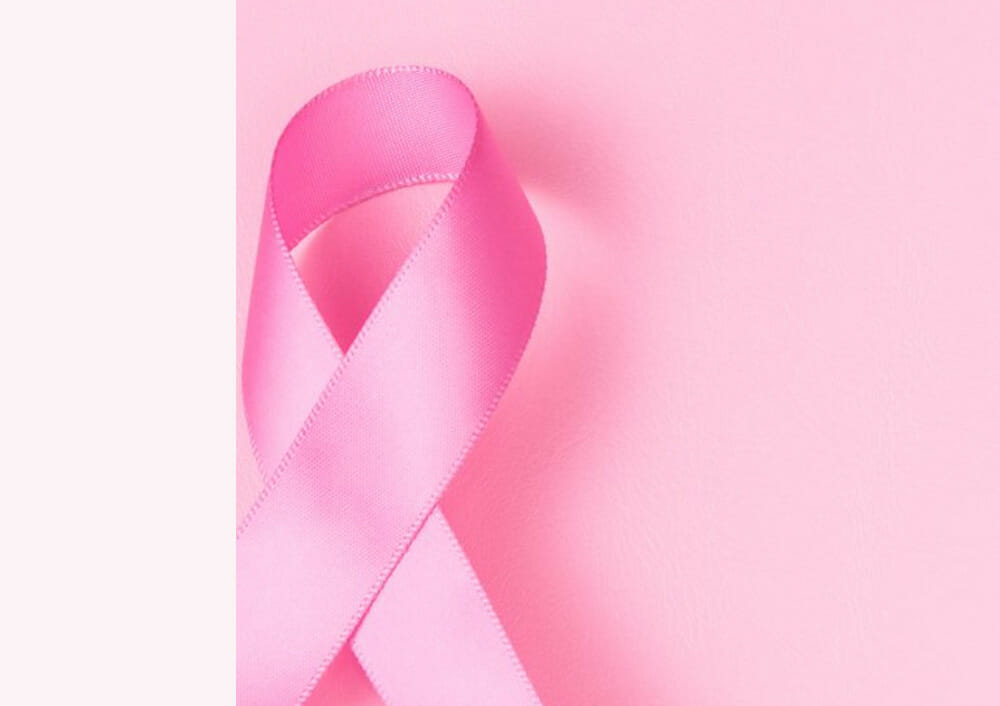Prioritizing mental wellness is as crucial as tending to your physical health. Here are various activities to seamlessly weave into your daily routine, fostering a positive impact on your mental well-being:
Aerobic Exercises
Engage in activities like walking, jogging, cycling, swimming, or dancing for at least 30 minutes daily. These exercises elevate your heart rate, triggering the release of endorphins, the body’s natural mood lifters.
Yoga and Mindfulness
Embrace yoga’s diverse poses and stretches to enhance flexibility, strength, and balance. More than just physical benefits, yoga nurtures mindfulness, bringing calmness and reducing mental stress. Whether through classes or online tutorials like ‘Yoga For Complete Beginners – 20 Minute Home Yoga Workout!’ on YouTube, immerse yourself in this practice.
Yoga For Complete Beginners – 20 Minute Home Yoga Workout!
Meditation and Breathing Exercises
Discover a serene, comfortable space where you can focus on your breath. Try inhaling through your nose for 4 seconds, holding for 7 seconds, and exhaling through your mouth for 8 seconds. This rhythmic breathing slows heart rate and eases stress. Online resources, such as meditation guides on YouTube, can guide you further.
Outdoor Activities
Nature holds a remarkable ability to alleviate stress, elevate mood, and instill feelings of relaxation. Dedicate at least 30 minutes to hiking or indulge in gardening to soak in the benefits of the outdoors.
Gratitude Journaling
Cultivate a habit of jotting down three things you’re grateful for daily. Celebrate simple joys like a captivating sunset or profound blessings like a loving family. This practice fosters a positive mindset and shapes a brighter perspective on life.
By integrating these exercises into your routine, you’ll nurture both your physical and mental well-being, fostering a happier and healthier lifestyle. Remember, if you find yourself struggling or feeling overwhelmed, seeking professional help and guidance is a valuable step towards prioritizing your mental health.
Disclaimer: No content on this site, regardless of date, should ever be used as a substitute for direct medical advice from your doctor or other qualified clinician.








